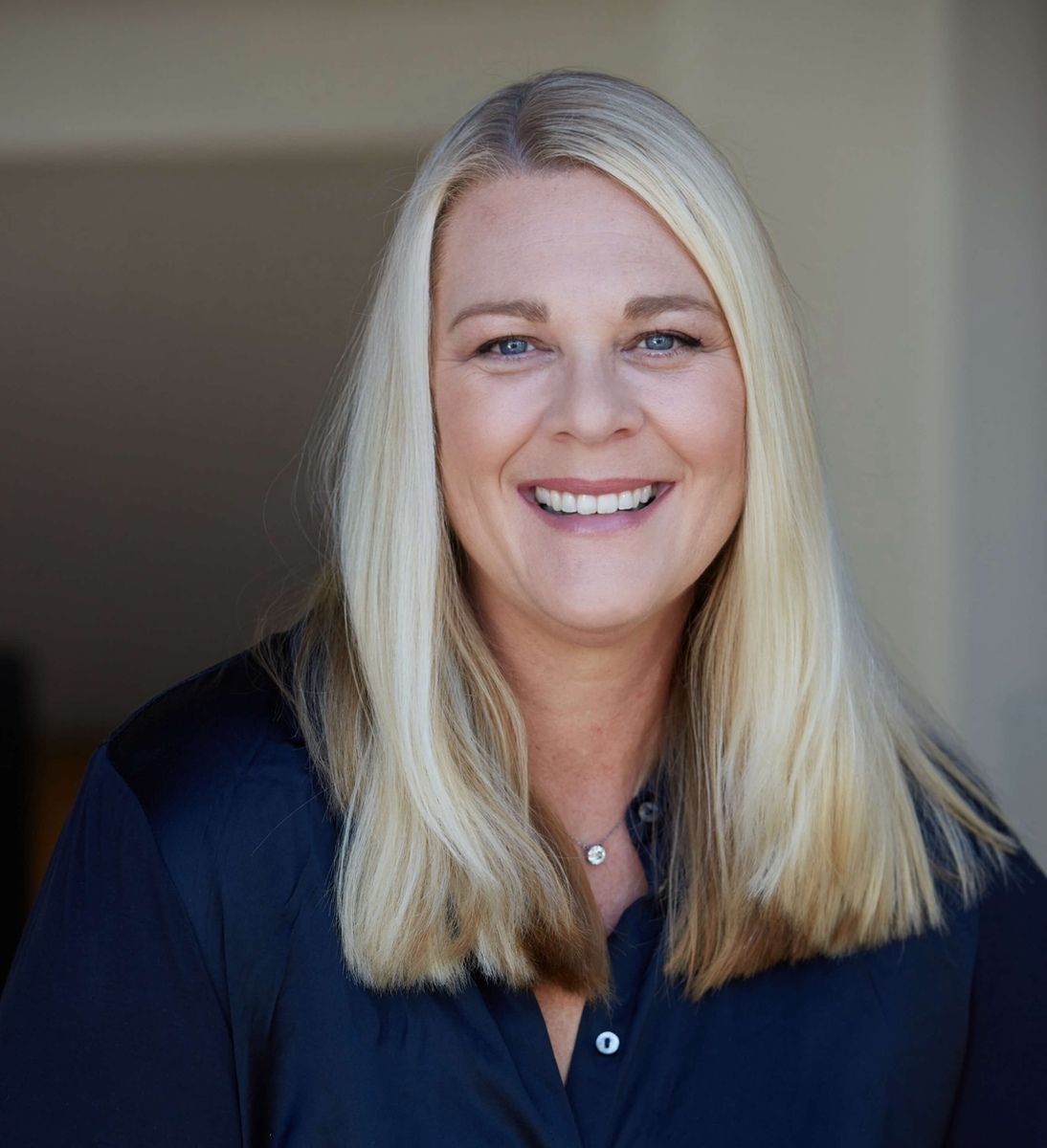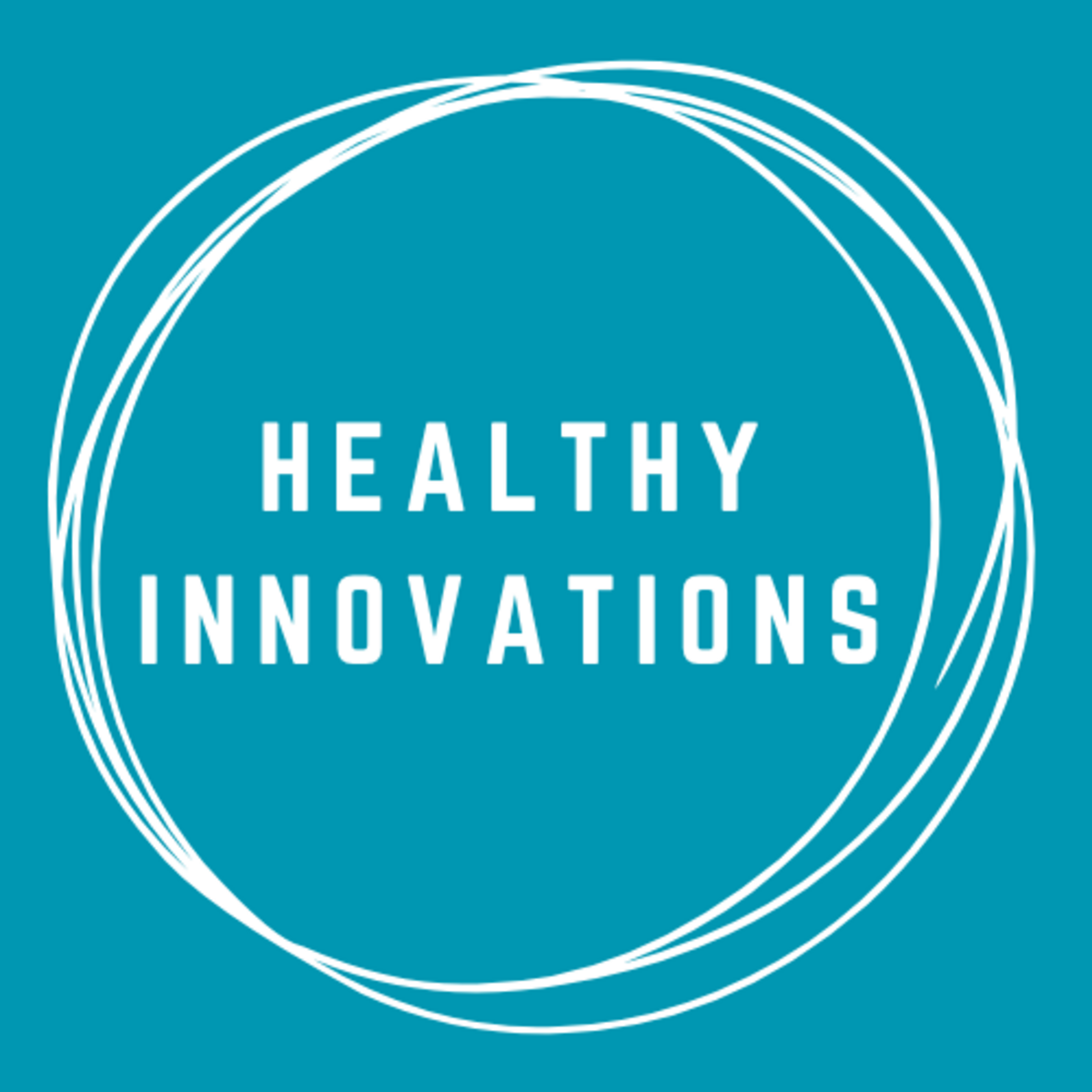Welcome back to Healthy Innovations! 👋
In this issue, I am continuing my review of healthcare sessions at the South By Southwest (SXSW) Conference in Austin, Texas. The scope of topics at SXSW is always broad, so this week, I am covering sessions on healthcare literacy, genetic medicine to end chronic disease, and the latest insights on healthspan vs lifespan.
Also, I am very happy to report that I managed to get not one but two driverless Waymo Ubers in Austin! 10/10 recommend if you get the chance to try one.
Let’s dive in!
First up was a thought-provoking panel discussion sponsored by the communications agency Real Chemistry titled Future-Proof Healthcare: Leading Through Disruption with Dr. Imamu “Mu” Tomlinson, CEO of Vituity (center), and Dr. Joel Bervell, Science Communicator and Medical Mythbuster (right).
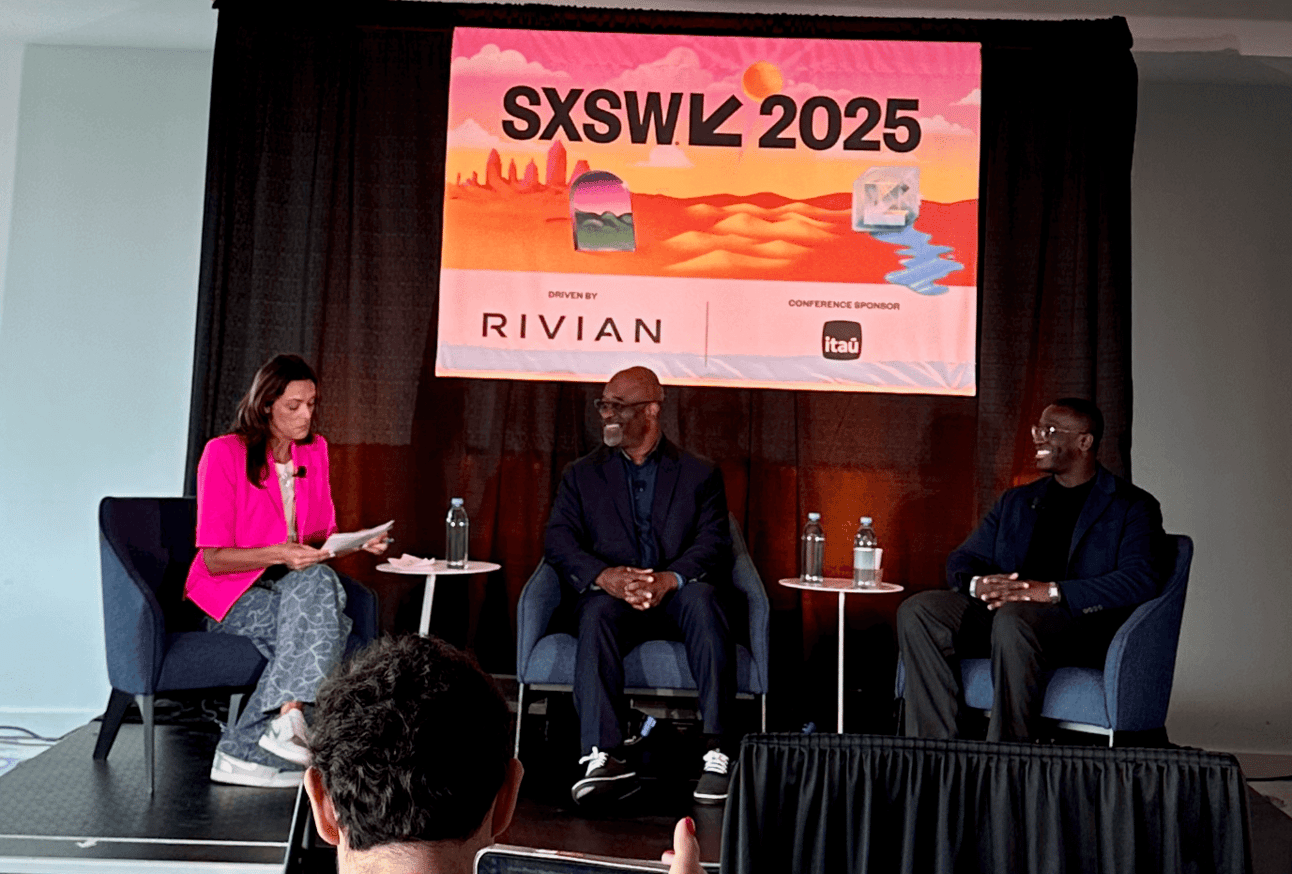
Real Chemistry sponsored session: Future-Proof Healthcare: Leading Through Disruption
With nearly 750K TikTok followers and over 500K Instagram followers, many of you may already be familiar with Dr. Bervell and his Medical Mythbusting content. According to Joel, misinformation in healthcare is a growing issue but not yet a full-blown crisis. He also believes AI has a dual role to play - it can help combat misinformation by improving research access (e.g., OpenEvidence [see more below]), but it can also be used to create deepfakes and manipulate public perception. He added that inconsistencies in the U.S. government's messaging - such as mixed signals on measles and vitamins - only add to the confusion.
Dr. Tomlinson emphasized that fighting misinformation requires connection, not confrontation. Mu stressed that people trust individuals over institutions, so healthcare leaders must merge their personal and professional identities to become credible voices. Institutions should also adopt stronger brand voices - he cited Johns Hopkins as an example of doing this well while many others struggle. Joel suggested that healthcare could take a lesson from Wendy’s marketing strategy, using authenticity to build trust.
Both panelists agreed that education is key. Joel pointed out that no one is formally taught how to evaluate online information, and paid influencers further complicate the landscape. He argued that media literacy should start as early as middle school, ensuring that people can critically assess health claims before misinformation spreads.
I waited nearly an hour for this one but was fortunate to see Dr. Peter Attia speak on The Science and Art of Longevity. Dr. Attia is the author of the #1 New York Times Bestseller Outlive: The Science and Art of Longevity.
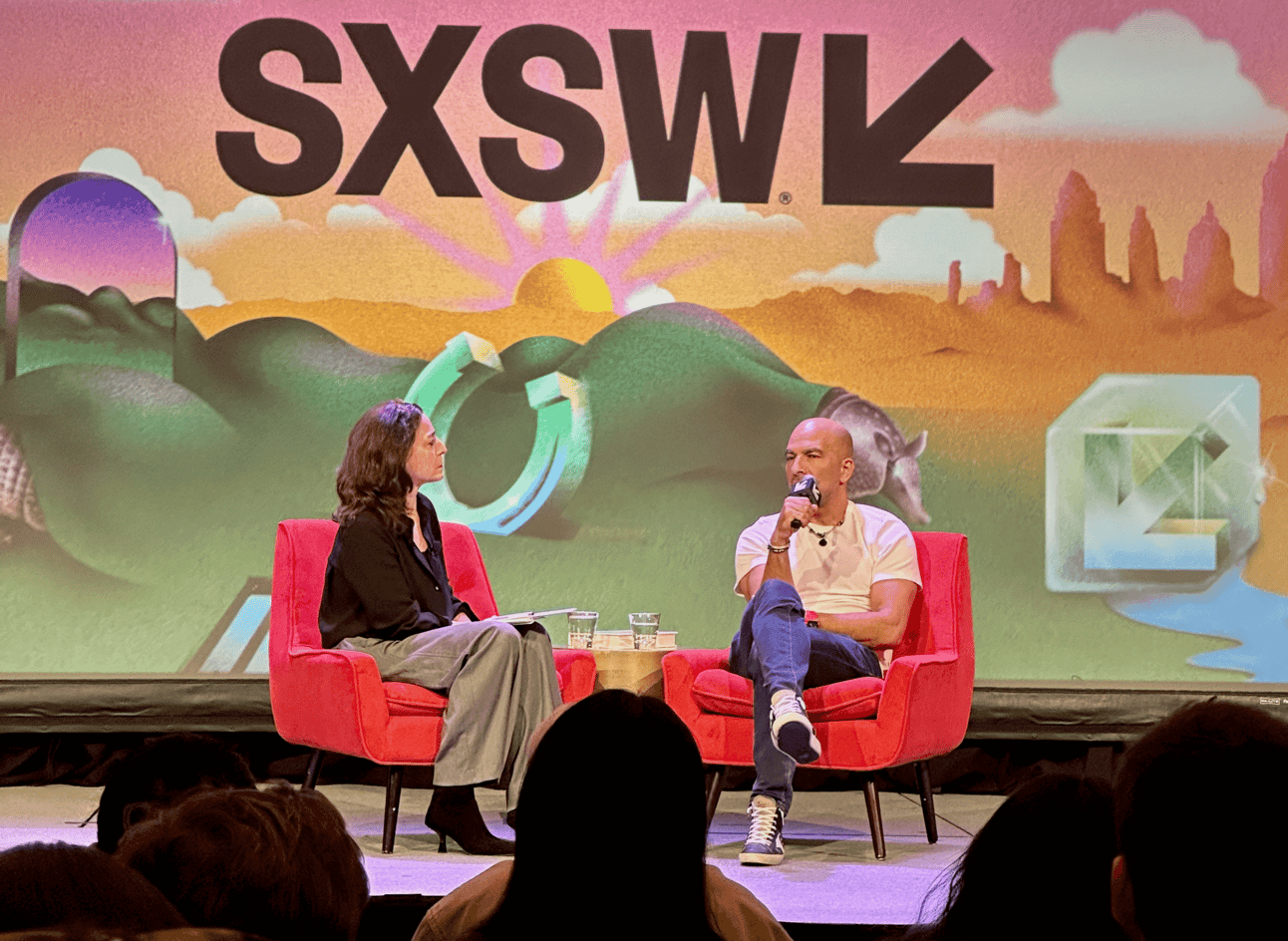
Dr. Peter Attia: The Science and Art of Longevity
According to Dr. Attia, longevity isn’t just about living longer - it’s about maintaining physical, cognitive, and emotional health for as long as possible. While modern medicine has doubled lifespan by virtually eliminating infectious diseases, it has failed to improve quality of life in later years. The real goal should be extending functional years, not just lifespan.
Peter emphasizes the importance of making the last decade of life as good as possible. People don’t just worry about how long they’ll live - they worry about what they’ll no longer be able to do. To stay independent, he suggests training for a "decathlon of life," focusing on strength, mobility, and endurance just as athletes do.
Many people fixate on wearables and health fads while ignoring the fundamentals. Attia himself tracks only heart rate variability (HRV) in the morning, believing that sleep, exercise, and nutrition matter far more than marginal optimizations.
He highlights five key pillars of longevity:
nutrition
exercise
sleep
emotional health
exogenous molecules (drugs/supplements).
While drugs like rapamycin and canagliflozin may have longevity benefits, Attia stresses that exercise outperforms any drug. When it comes to nutrition, he warns against extreme diets and instead prioritizes energy balance, protein intake, and essential nutrients.
Ultimately, the secret to longevity is simple - but not easy: focus on what truly moves the needle.
I really enjoyed this session: Amy Webb with Dr. Andrew Adams, Group Vice President of Molecule Discovery and Director of Genetic Medicines at Eli Lilly and Company: Can Genetic Medicine Give Us a World Without Disease?
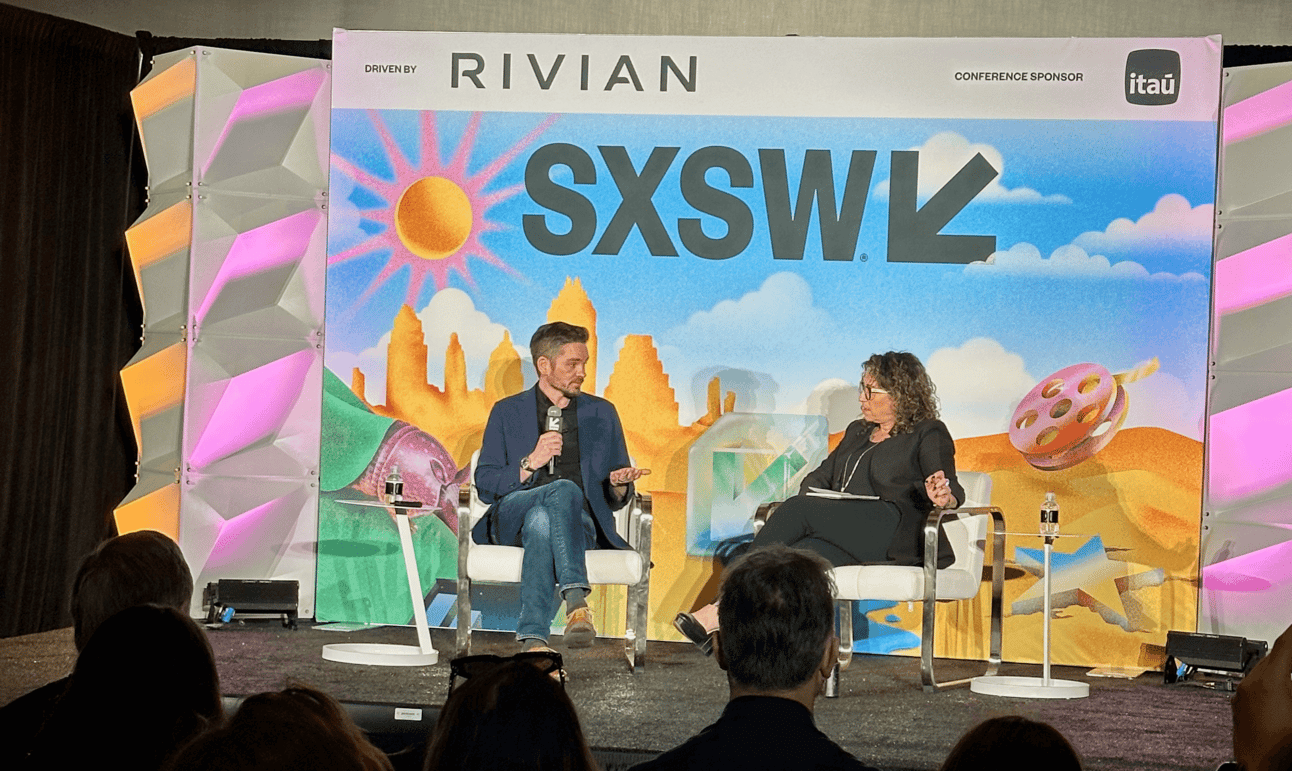
Dr. Andrew Adams and Amy Webb: Can Genetic Medicine Give Us a World Without Disease?
Dr. Adams shared his journey in genetic medicine, emphasizing its potential to prevent and even eliminate chronic diseases. Inspired by personal experience - specifically his grandmother’s battle with dementia and his own genetic risk for Alzheimer’s - Andrew advocates for shifting from treatment to prevention through early genetic intervention.
A significant focus of Lilly's work is transformative medicine. Andrew shared an incredible video showcasing the results of a new gene therapy for genetic hearing loss. A single injection restored hearing in children who had been profoundly deaf since birth. This approach, which uses viruses to deliver genetic material, has yielded remarkable results and could revolutionize treatments for other conditions.
Genetic medicine has made significant strides, with functional cures emerging for diseases like hemophilia and sickle cell disease. The vision extends beyond rare genetic disorders to widespread conditions such as Alzheimer’s, Parkinson’s, and cardiovascular diseases, aiming for a “one-and-done” treatment model that intervenes before symptoms arise.
A key challenge is increasing access to genetic testing. Currently, only 20% of newborns who fail hearing screenings receive genetic testing. Andrew highlighted Lilly’s Resonate program, which provides free genetic testing to encourage early diagnosis and intervention.
The discussion also touched on the ethical considerations of genetic medicine, public trust in pharmaceutical companies, and AI’s role in advancing the field. While AI aids in designing and predicting outcomes for genetic therapies, challenges remain - particularly in delivering treatments to hard-to-reach areas like the brain.
Ultimately, Dr. Adams emphasized that genetic medicine is at an inflection point, shifting from reactive care to proactive prevention. Eli Lilly’s commitment is evident in its growing genetic medicine portfolio, which now comprises 38% of its pipeline.
The long-term goal is not just to cure disease but to enhance healthspan, allowing people to live longer, healthier lives.
Innovation highlights
🧫 Precision strike on UTIs. Researchers have created a clever new way to tackle painful urinary tract infections (UTIs) using tiny nanogels that deliver antibiotics right where they're needed - inside infected bladder cells. This friendly approach carries 36% more medicine into cells than old-school methods and knocked out over 90% of bacteria in tests. Targeting the exact trouble spots means fewer side effects, less antibiotic resistance, and quicker relief. See my recent newsletter on nanomedicine for more on this incredible technology.
🦠 Africa's microbial treasure trove. Scientists in South Africa have discovered over 40,000 previously unknown gut microbes in African populations - a finding that could greatly advance medical treatments. The study uncovered distinct bacterial patterns in HIV patients and notable differences between rural and urban microbiomes. This research addresses crucial gaps in global microbiome studies, which have long overlooked African populations and may lead to more effective, region-specific treatments.
🧬 CRISPR's detective work. Biotech experts have engineered "CRISPR-Cascade," a diagnostic breakthrough that detects deadly pathogens in blood without the typical amplification step. By combining two CRISPR/Cas units in a feedback loop, the system identifies multi-drug-resistant bacteria at extremely low concentrations, providing simple yes/no results in minutes rather than hours - potentially revolutionizing infection diagnostics in clinical settings. See my newsletter on CRISPR if you want to know more.
Cool tool
🔍 OpenEvidence: AI-powered clinical expertise at your fingertips: OpenEvidence is providing clinical decision support with its AI platform covering 160 medical specialties. This "ChatGPT for doctors" searches across 35 million peer-reviewed publications and NEJM content, delivering evidence-based answers without hallucinations - if the literature is inconclusive, it simply doesn't respond.
Since launching in the US just a year ago, it's become one of the fastest-growing healthcare technologies in history, with over 35,000 verified doctors registering monthly through word-of-mouth alone. This is not surprising as OpenEvidence addresses a critical need in a healthcare system where medical knowledge doubles every 73 days, and a new PubMed article is published every three minutes.
Already used in 10,000+ US care centers and particularly popular among residents, this tool remains free for US-based healthcare professionals. OpenEvidence has not indicated whether it will launch the tool outside of the US, but due to its success, this seems likely.
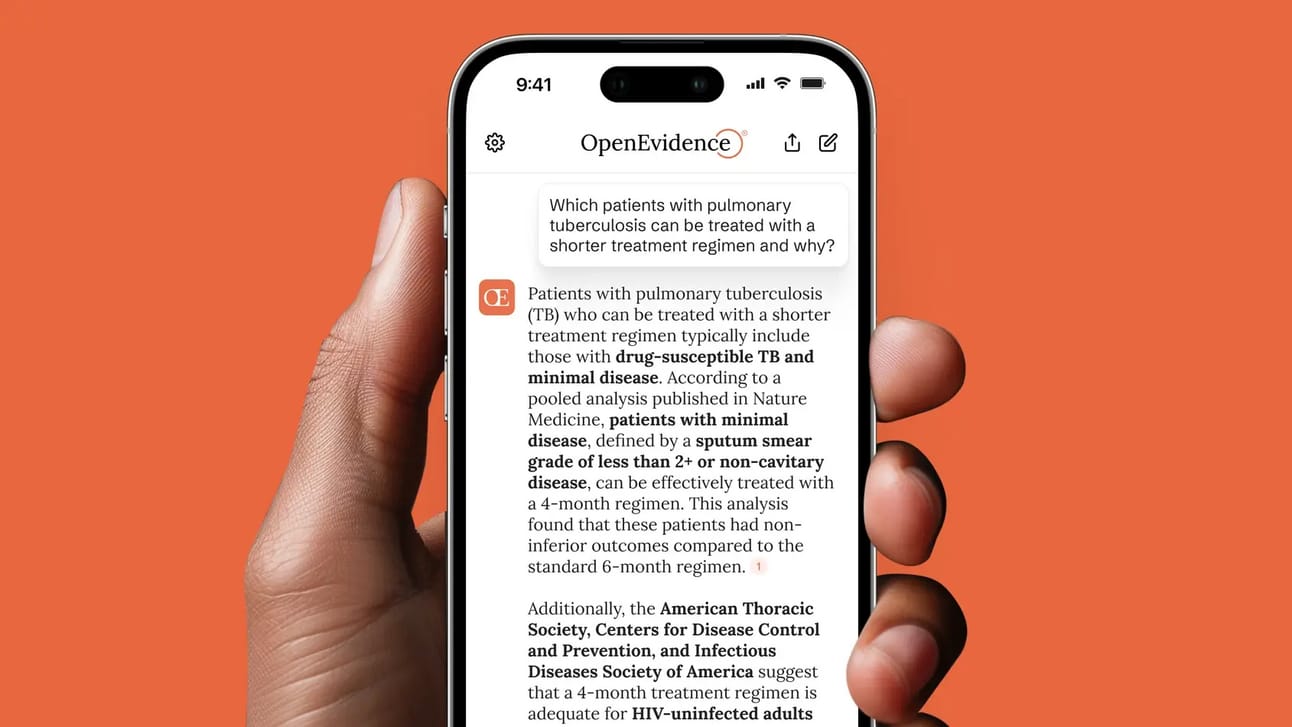
Weird and wonderful
🌈 Healing kids by design. Imagine a clinic where the building itself helps kids feel better! San Francisco's new Stad Center for Pediatric Pain has completely reimagined how spaces can help children with chronic pain. This friendly place does away with scary waiting rooms, replacing them with flowing circular pathways decorated with underwater and forest themes.
Kids love the magical digital waterfall that responds to their touch and the amazing multisensory room with climbing walls and swinging chairs.
By bringing together traditional doctors, physical therapists, and even acupuncture specialists under one roof with no harsh angles or clinical feel, children start feeling better from the moment they walk through the door!
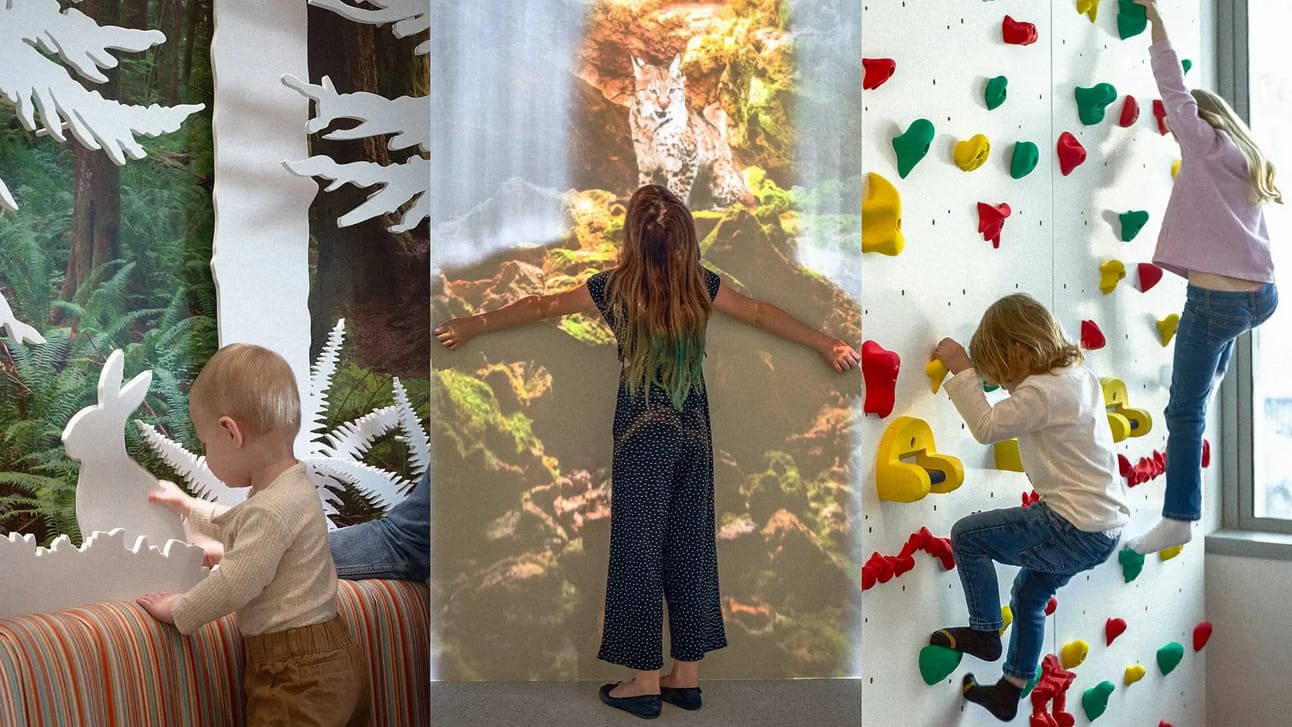
Thank you for reading the Healthy Innovations newsletter!
Keep an eye out for next week’s issue, where I will highlight the healthcare innovations you need to know about.
Have a great week!
Alison ✨
P.S. If you enjoyed reading the Healthy Innovations newsletter, please subscribe so I know the content is valuable to you!
P.P.S. If you're considering starting your own newsletter to share your expertise and build a community around your healthcare niche, check out beehiiv (affiliate link). There's never been a better time to start sharing your knowledge with the world!
